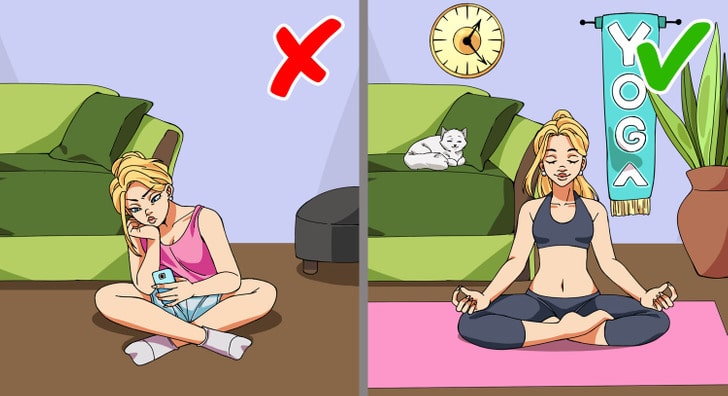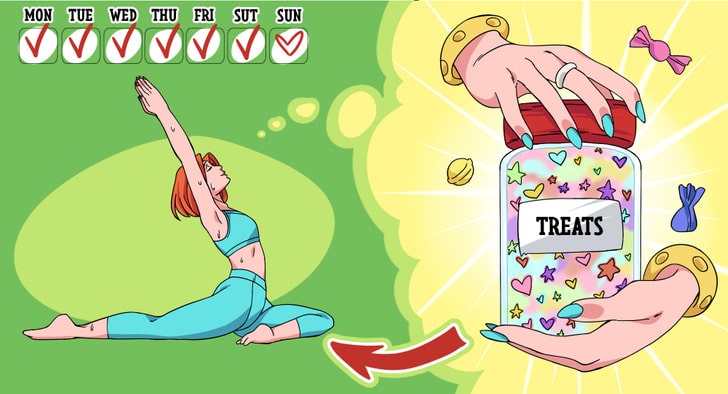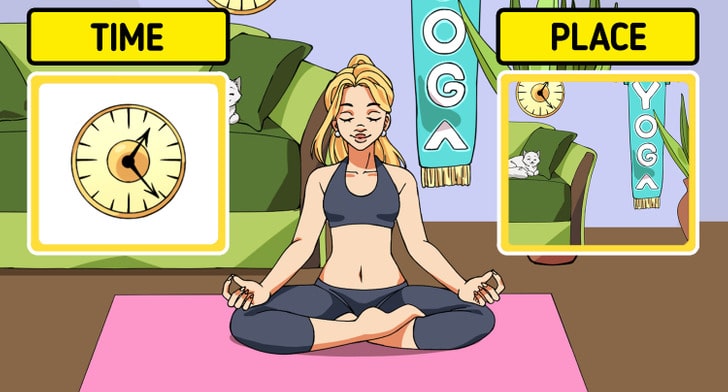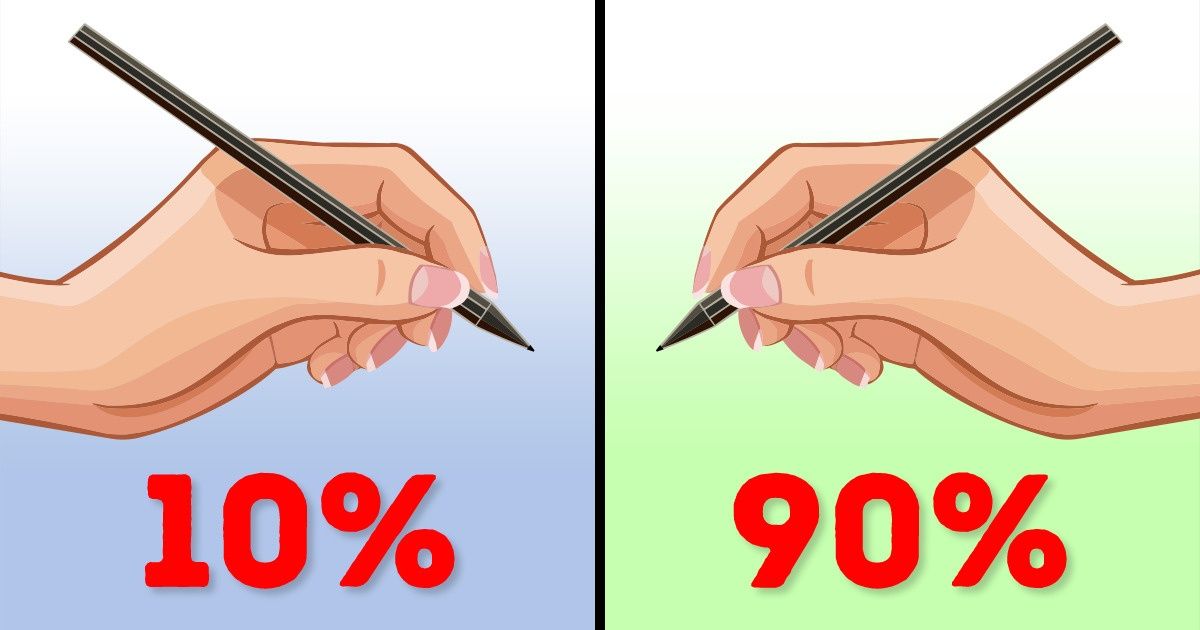We all have something we would like to achieve. For some it might be learning to cook, for others, it might be building a business from home. All equally valid and, for many of us, all equally difficult. Especially when we have other things that occupy our days. And truth be told, the habits that are established are very difficult to change.
We’re looking for the “it-doesn’t-seem-like-I’m-doing-much” kind of change that no one ever talks about. Because little things can have big effects.
Make It Really, Really Obvious

If the goal is to be a yogi, but the room where you practice has dull white walls and the TV is always on, finding motivation can be difficult.
Keep your Yoga mat in a visible place, make it a rule to turn on the television only at a certain time, and keep a poster on the wall that reminds you of the practice, for example.
We are greatly influenced by our environment. Big sellers set up their stores to try to shock shoppers, and interior designers study how spaces and visual cues affect the way we feel.
Here, context is the key. Keep the things you don’t want out of sight and the things that relate to what you want out of sight. Naturally, you may feel more engaged.
Go For The Law Of Minimum Effort

Reading just one page of a book a day is much easier than reading a chapter. Start there. Choose small, easy, and convenient. Do you want to participate in daily walks?
Take the straight path, the one with no steep climbs or slopes. Do you want to start going to the gym? Choose the one closest to your home.
Every time we run into bumps (the gym is far, the road has that part we don’t like), we slow down. And at the end of a long day at work, motivation may not work.
So anything you can think of will make it easier: do it. Leave the pot and the ingredients you want to use for your healthy breakfast on the porch, your gym clothes at the door, etc.
“Fake” It Till You Make It

If you want to run really fast and win a marathon, and you’re jogging, assume beforehand, for yourself and others, that you’re a runner. When you are part of your identity of what you want, you adapt more naturally to its flow and specificities. And habits will follow naturally.
We may have heard this has the “fake it ’til you make it” thing, but there’s more to it than “fake”. Our personality describes how we think and act, changing that, our habits certainly follow.
Also, by focusing on something that you feel is important, you will be creating an emotional response called “elevation”; a motivational state where people want to be better.
Repeat, In An Oddly Satisfying Way

Create your own cycle of positive habits, rewarding yourself when you can make a small change frequently. Have a reward system. You can choose the checkmark if that’s for you, or since our brains love randomness, choose the jar with treats written on it. From a bonus episode of your favorite series to “that” dessert, your imagination is the limit.
The value of habits in our brain is to reduce energy waste. And repetition is a persuasive tactic. The more you choose the habit you want to encourage, the more likely you are to repeat it.
And our brains are wired to detect things that reward us. So even if the reward is a small thing, it can make a real difference to the big picture.
Get Your Loop Cues Working

Create routine defining moments for the habits you want to define. Time and location are two mantras. Decide what you want to do, at what time, and where. You can go for a broader “after my breakfast” or “before dinner” one, but be specific with the location and the action happening there.
Like “After my breakfast, I’m going to stretch my back and shoulders for 15 minutes in the living room.” This will help make it clear what exactly you need each day, and allow you to track and keep your focus on new rituals (it’s the little things, remember).
Do you have a New Year’s resolution that you really want to keep? can you share If you choose one of these, which step would you find yourself trying more easily?


